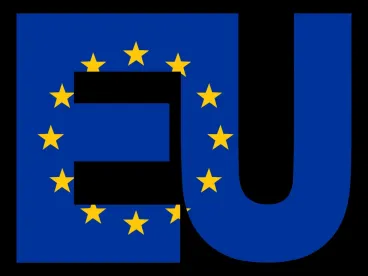In its 7 July 2016 Genentech judgment (Case C-567/14), the European Court of Justice (“ECJ”) ruled that Genentech had to pay royalties to Sanofi-Aventis Deutschland under its licence agreement. The Paris Court of Appeal requested a preliminary ruling on whether the provisions of Article 101 of the Treaty on the Functioning of the European Union (“TFEU”) preclude the imposition of an obligation to pay a royalty for the use of a patented technology for the entire duration of a licence agreement, in the event that the patents protecting the technology are revoked. The ECJ concluded that Article 101(1) TFEU does not preclude the imposition of a requirement to pay royalties, provided that the licensee is free to terminate the agreement by giving reasonable notice.
In 1992, the German company Behringwerke AG, succeeded by Hoechst AG (and now part of Sanofi) granted a licence to Genentech (part of the Roche Group) to use its human cytomegalovirus enhancer (“the HCMV enhancer”), a technology that increases the effectiveness of a cellular process used to make proteins. Genentech used the HCMV enhancer to facilitate the transcription of a DNA sequence necessary to produce its cancer drug Rituxan (rituximab). Under the licence, Genentech agreed to make various payments, including a “running royalty” of 0.5% on the net sales of finished products. Genentech never paid the running royalty. The HCMV enhancer technology was protected by three patents, one in the EU which was revoked in 1999 by the European Patent Office for lack of novelty.
In August 2008, Genentech notified its decision to terminate the licence, and in October 2008, Hoechst initiated ICC arbitration proceedings over non-payment of the running royalty. In U.S. proceedings, the court decided that there was no infringement by Genentech and dismissed Genentech’s invalidity action against Sanofi for failure to meet the relevant standard of proof. The ICC arbitrator concluded that Genentech was liable to pay the running royalty. Genentech challenged this award before the Paris Court of Appeal.
In front of the ECJ, Genentech argued that the arbitrator disregarded the clear terms of the licence agreement and of Article 101 TFEU by requiring it to pay royalties on sales of a product which does not infringe the technology implementing the licensed patents. Genentech submitted that it had, as a result, incurred additional costs compared with its competitors, and that this had restricted competition by object and effect, violating Article 101 TFEU.
The ECJ referred to its Ottung ruling (Case 320/87) in which it found that obliging a licensee to pay a royalty, even after the expiry of the period of validity of the licensed patent, may reflect a commercial assessment of value, given the potential exploitation resulting from the licence. Article 101(1) TFEU does not prohibit a contractual royalty obligation for the exclusive use of a technology that is no longer protected by a patent, as long as the licensee is free to terminate the agreement. A royalty is the price paid for the commercial exploitation of a licensed technology without risk that the licensor will exercise its industrial property rights in that technology.
The ECJ found that Genentech was free to terminate the agreement with Sanofi at any time, and that the royalty obligation during the period when the rights derived from the licensed patents were in force, did not restrict competition.
Interestingly, Genentech also argued that its obligation to pay royalties based on all sales of Rituxan was a hardcore restriction under Articles 4(1)(a) and (d) of the Technology Transfer Block Exemption Regulation. Advocate General Wathelet however rejected these observations in his opinion, noting that the evidence from Genentech did not show that the licence agreement and the arbitration award had the object or effect of restricting Genentech’s ability to determine the prices of its products, its ability to exploit its own technology rights or carry out research and development.




 />i
/>i

